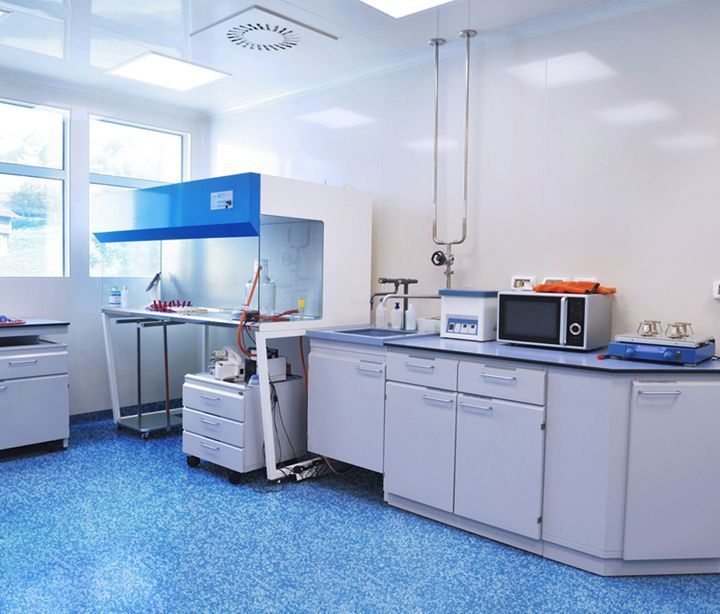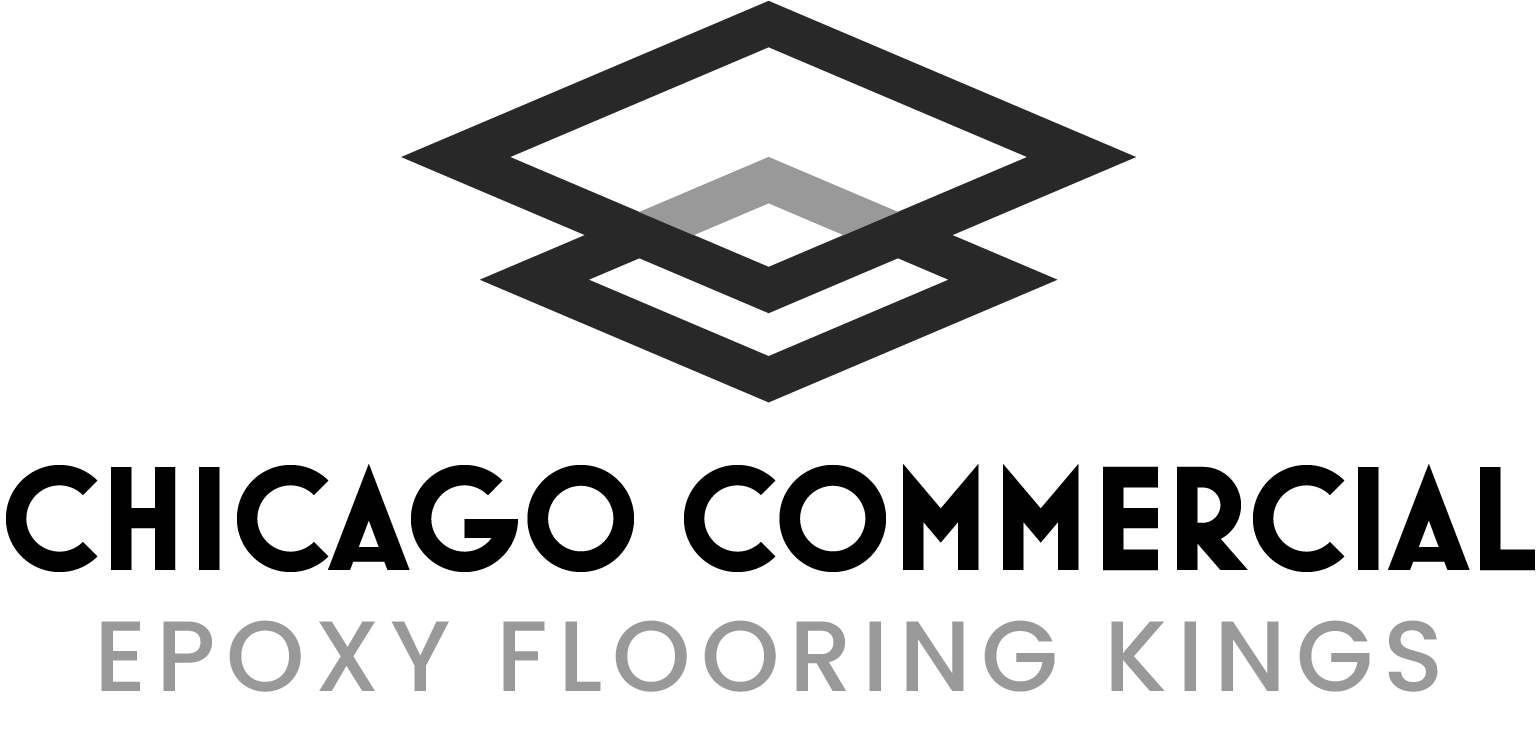Epoxy Flooring for Pharmaceutical and Cleanrooms in Chicago, IL
Epoxy flooring for pharmaceutical and cleanrooms in Chicago, IL is essential for durability, hygiene, and compliance. At Chicago Commercial Epoxy Flooring Kings, we specialize in epoxy flooring for pharmaceutical facilities and cleanroom epoxy floor coatings that provide seamless, easy-to-clean surfaces resistant to chemicals and contamination. Our pharmaceutical cleanroom epoxy flooring and seamless epoxy floors for laboratories ensure sterile, high-performance environments that meet strict industry standards.
We also offer sterile epoxy flooring for pharma plants, chemical-resistant epoxy floors for cleanrooms, and hygienic epoxy flooring for pharmaceutical environments. From high-performance epoxy floors for labs to epoxy floor installation for cleanrooms and durable epoxy flooring for pharmaceutical facilities, our expert team delivers tailored solutions that control dust, prevent bacterial growth, and withstand heavy cleaning processes—supporting safety, cleanliness, and long-lasting performance.
Key Features of Our Epoxy Flooring Systems
Chemical Resistance and Durability
Epoxy floors resist many chemicals commonly found in pharmaceutical settings. This includes acids, solvents, and cleaning agents. The resistance helps prevent damage that can cause weakening or contamination of the floor.
The durability of epoxy means it can withstand heavy foot traffic and equipment without cracking or peeling. This makes it ideal for cleanrooms where constant use and movement occur. Our epoxy coatings maintain their strength for years, reducing the need for repairs or replacements.
Seamless, Non-Porous Surface
Epoxy flooring creates a seamless and non-porous surface. This means there are no gaps for dust, dirt, or bacteria to hide.
The smooth finish reduces the risk of contamination since spills and particles are easy to clean. This helps maintain the sterile conditions required in cleanrooms and pharmaceutical spaces.
Because the floor is seamless, it limits the growth of mold and mildew, improving the overall safety of the environment.
Anti-Microbial and Hygienic Properties
Many epoxy systems include anti-microbial agents that prevent bacteria and other microbes from growing on the surface. This is critical in places that demand strict cleanliness.
The hygienic nature of epoxy floors supports easy sanitation with common cleaning products without damaging the coating. This allows us to help you meet regulatory hygiene standards consistently.
Using epoxy floors helps reduce health risks and keeps your cleanroom or pharmaceutical area safe for staff and products.

Regulatory Compliance and Safety Standards
FDA and cGMP Requirements
Our epoxy flooring meets FDA guidelines for pharmaceutical environments. These regulations require floors to be smooth, seamless, and easy to clean to avoid contamination.
We ensure our materials are non-porous and resistant to chemicals, which helps maintain sterile conditions. This complies with Current Good Manufacturing Practices (cGMP), which demand controlled environments to ensure product safety and quality.
The flooring also supports proper airflow and prevents dust buildup, which is vital for cleanrooms. We use coatings that do not shed particles and are durable under cleaning protocols approved by the FDA.
OSHA and Safety Protocols
Safety is key in our epoxy flooring projects. Floors must have slip-resistant surfaces to reduce workplace accidents, especially where chemicals or liquids may be present.
We follow OSHA standards by installing high-traction coatings and clear demarcation lines. These features improve worker safety and comply with regulations.
Additionally, we select materials that are fire-resistant and free from harmful volatile organic compounds (VOCs). This protects employees and meets OSHA air quality and fire safety requirements.
Sustainability and Environmental Considerations
We prioritize eco-friendly epoxy options that minimize environmental impact. Many of our products are low in VOCs and meet green building standards.
Using durable flooring reduces waste because it lasts longer and needs fewer repairs. This supports sustainability efforts common in pharmaceutical and cleanroom facilities.
We work to provide solutions that help clients reduce energy use during cleaning and maintenance, further lowering their overall environmental footprint.
Maintenance and Longevity of Epoxy Flooring
Routine Cleaning Recommendations
We recommend cleaning epoxy floors daily with a soft-bristle broom or dust mop to remove debris and dust. Avoid abrasive tools that can scratch the surface. For deeper cleaning, use a neutral pH cleaner diluted with water to prevent damage to the epoxy coating.
Spills, especially of chemicals or oils, should be wiped immediately to reduce staining and prevent surface degradation. Use a microfiber mop or soft cloth for wet cleaning. High-pressure washing is usually avoided because it can cause damage over time.
Inspection and Repairs
Regular inspections help us spot cracks, chips, or worn spots early. We suggest checking the floor weekly in busy areas and monthly in less-used spaces. Look for signs of peeling or color changes as these can indicate chemical damage or wear.
For minor damage, we use compatible epoxy repair kits to fill cracks or scratches quickly. Larger issues may need professional resurfacing to restore the floor’s protective qualities. Timely repairs prevent problems from spreading and keep the floor safe.
Extending Floor Lifespan
To extend our epoxy floors’ lifespan, controlling traffic is important. We use mats at entrances to reduce dirt and grit. Heavy equipment should have soft wheels or protective pads to prevent indentations.
Avoid harsh chemicals that can break down the epoxy resin over time. We also recommend applying a clear topcoat every few years to improve resistance to scratching and chemical exposure. Proper maintenance saves costs by reducing the need for full replacements.
Epoxy Flooring for Pharmaceutical and Cleanrooms FAQs
What are the advantages of using epoxy flooring in pharmaceutical cleanrooms?
Epoxy flooring offers a smooth, seamless surface that prevents dirt and bacteria buildup. It is resistant to chemicals and spills common in pharmaceutical environments. The flooring is easy to sanitize, which supports strict cleanliness requirements.
How do you ensure compliance with industry standards for cleanroom flooring?
We use materials that meet FDA, ISO, and cGMP regulations. Our installation process follows strict protocols to avoid contamination. We also work with clients to confirm floors fulfill all local and federal cleanroom standards.
What maintenance protocols are recommended for epoxy floors in cleanroom environments?
Regular cleaning with non-abrasive, hospital-grade disinfectants is important. Avoid harsh chemicals that can degrade the surface. Inspections should be done to catch any damage early and keep floors in good condition.
Can epoxy flooring systems be customized to suit the specific needs of a pharmaceutical cleanroom?
Yes, we offer different textures, colors, and coatings to meet unique cleanroom demands. Options include anti-static, slip-resistant, and heavy-duty finishes based on specific workflow and safety needs.
How does epoxy flooring contribute to maintaining a sterile environment in pharmaceutical facilities?
Seamless joints stop bacteria and dust from settling. The smooth surface allows easy cleaning and reduces contamination risks. Epoxy’s chemical resistance helps maintain sterile conditions despite frequent cleaning.
